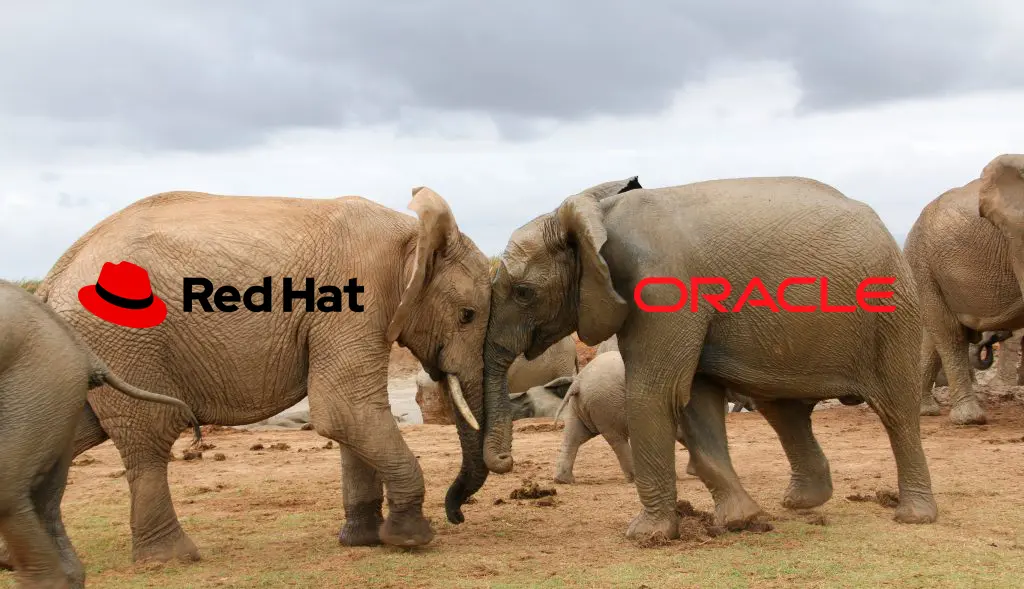There’s nothing like a good kerfuffle between tech giants, especially when it’s about something as near and dear to developers’ hearts as open source software development.
Which is probably why the ongoing controversy around Red Hat‘s decision to limit the availability of the source code to its flagship Red Hat Enterprise Linux (RHEL) distro. In short: Before, that source code would be available to anybody and everybody, leading to the proliferation of RHEL-compatible alternative Linux distros like Rocky Linux and AlmaLinux. Under Red Hat’s proposed new licensing terms — announced almost exactly four years after IBM’s $34 billion acquisition of Red Hat closed — RHEL’s source code will only be available to paying customers.
For an exact timeline, Tom Krazit offers a play-by-play recap over at the Runtime newsletter. Suffice it to say, however, that Red Hat’s decision was met with hostility from many in the open source community. Specifically, critics argue that taking what had been widely-available code and putting it behind what’s functionally a paywall is antithetical to the open source principles that Red Hat was founded in 1993 to support. The core tenet of open source, after all, is to share and share alike.
Red Hat, for its part, has defended the changes as a way to protect its business and pay its employees: “We have to pay the people to do that work — those passionate contributors grinding through those long hours and nights who believe in open source values,” Red Hat Vice President of Core Systems Mike McGrath wrote in a June blog post. Importantly, McGrath also reiterated that Red Hat will continue to use the CentOS Stream project as a place to share what’s essentially a preview of what’s to come in RHEL, though not the code for the current stable version.



“Never thought I’d find myself fighting alongside fucking Oracle”
“How about fighting alongside a friend?”
…n-no “Fucking Oracle” is fine let’s not get ahead of ourselves